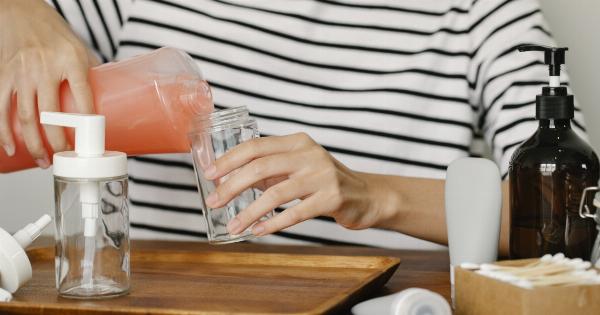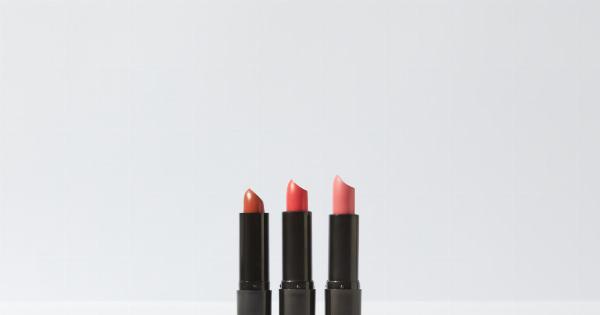Having sensitive skin can be challenging, especially when it comes to finding makeup products that won’t irritate your skin. Many commercial makeup brands contain harsh chemicals and additives that can cause redness, inflammation, and breakouts.
If you struggle with sensitive skin, why not try making your own makeup? Not only can you control the ingredients, but you can also customize the colors and formulations to suit your individual needs. In this article, we will guide you through the process of making your own makeup for sensitive skin.
1. Foundation
The base of any makeup look, foundation is essential for creating an even skin tone and hiding imperfections. For sensitive skin, it’s best to opt for a gentle and natural foundation that won’t clog pores or cause irritation.
Here’s a simple recipe to make your own foundation:.
2. Concealer
Concealer is a must-have for covering up blemishes, dark circles, and other imperfections. If you have sensitive skin, it’s important to choose a concealer that is non-comedogenic and free from irritating ingredients.
Here’s how to make your own gentle and effective concealer:.
3. Blush
Adding a touch of color to your cheeks can instantly brighten up your complexion. For sensitive skin, it’s best to avoid blushes with synthetic dyes and fragrances that can cause irritation.
Here’s a simple recipe to make your own natural blush:.
4. Eyeshadow
Enhancing your eyes with eyeshadow can help create a variety of beautiful looks. However, the eyes are a particularly sensitive area, so it’s important to choose eyeshadows that are gentle and non-irritating.
Here’s how you can make your own eyeshadow using natural ingredients:.
5. Mascara
Long, voluminous lashes can really make your eyes pop. However, many mascaras on the market are loaded with chemicals that can irritate sensitive eyes. If you have sensitive skin or eyes, making your own mascara is a healthier alternative.
Here’s a simple recipe to make your own natural mascara:.
6. Lipstick
A pop of color on the lips can complete any makeup look. Unfortunately, many lipsticks contain synthetic dyes and fragrances that can trigger allergic reactions in those with sensitive skin.
Here’s how you can make your own gentle and moisturizing lipstick:.
7. Setting Powder
Setting powder is essential for helping your makeup last longer and controlling shine. However, talc-based powders commonly found in commercial brands can be drying and irritating for sensitive skin.
Here’s how you can make your own lightweight and mattifying setting powder:.
8. Makeup Remover
Removing makeup at the end of the day is crucial to maintaining healthy skin. However, many makeup removers contain harsh chemicals that can exacerbate sensitivity issues. Here’s how you can make your own gentle yet effective makeup remover:.
9. Makeup Brushes
The tools you use to apply your makeup can also impact your sensitive skin. Many commercial makeup brushes are made with synthetic materials or animal hair, which can cause irritation.
Here’s how you can make your own soft and hypoallergenic makeup brushes:.
10. Tips for Using Homemade Makeup on Sensitive Skin
While making your own makeup can be a game-changer for those with sensitive skin, it’s important to follow some guidelines to ensure the best results:.
Conclusion
Making your own makeup for sensitive skin can give you the freedom to create personalized products without worrying about irritation. By using natural and gentle ingredients, you can achieve a flawless look while taking care of your sensitive skin.
Experiment with different formulas and colors to find what works best for you, and don’t forget to patch test before trying any new product.





























